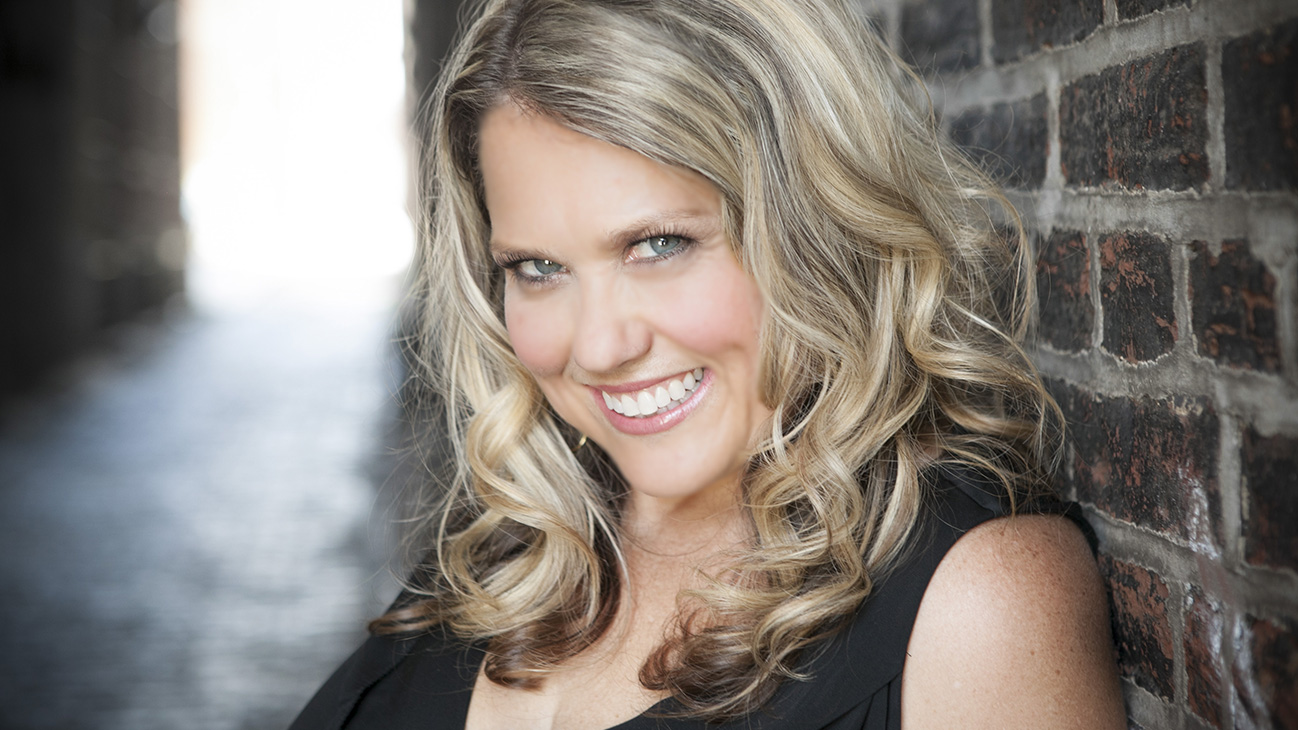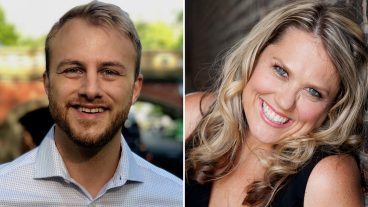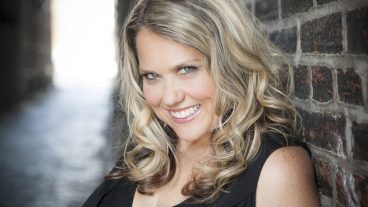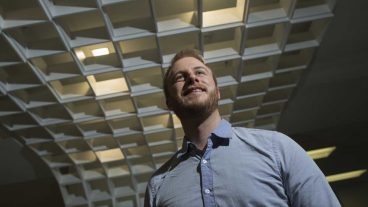Productivity Expert Neen James is on a mission to help everyone better manage their time and focus on what really matters. Her new book Attention Pays: How to Drive Profitability, Productivity, and Accountability to Achieve Maximum Results showcases the power of attention and provides readers with the tools, strategies, and mindsets needed to harness it to reach our highest potential.
In a recent interview with Forbes, Neen discussed her new book and how our obsession with electronic devices is killing our productivity and accountability. Below is a segment of the interview, read the whole piece here.
Bruce Weinstein: Why are distractions an issue that leaders should attend to?
Neen James: Nine people die every day because of distracted driving, according to the Centers for Disease Control and Prevention. We’ve made it more important to check out our Facebook status than to pay attention to the road. But technology is not the enemy of our attention. We are the enemy of our attention. We are allowing our devices to distract us.
Weinstein: How can we use our smartphones more intelligently?
James: I keep my phone on silent. It’s a deliberate practice. I’ve turned off every notification possible. That’s how I wrote my book, by blocking out every distraction. I think we look at our cell phones as a default because we don’t feel engaged. But that really indicates to the people you are with that they’re not important enough for your attention.
A study published in The Journal of Social and Personal Relationships examined how cell phone use affects trust. People met for the first time, and half the people had cell phones on the table and the other half did not. The group with the cell phones felt there was less trust between them. Trust scores went up dramatically when the cell phones were absent from the table. Without cell phones, people were more engaged in conversation simply through more eye contact. This was eye-opening to me, and it made me change my behavior.
Weinstein: What are you doing differently?
James: Every time I meet someone, I want them to feel like they are important to me. It could be the barista who makes my coffee, or the train conductor who scans my ticket. I want people to know that I see them, I appreciate them.
…
Weinstein: When did you start paying attention to attention?
James: When I left my corporate career, my focus was on productivity. How could I get more done in half the time? But I came to see that productivity is not just about what needs to get done, but also who or what deserves my attention the most.
Weinstein: What are your recommendations to millennials for improving their ability to pay attention?
James: Go find great roles model within your organization, community, church, or wherever it is you want be. Notice what they are doing. How do they respond to questions? How do they lead and communicate? How they have achieved their success? Pay attention and ask targeted questions. We can all learn from other people’s journeys. But if your face is buried in your laptop, you will miss it.
Interested in learning more about Neen and what she can bring to your next event? Email us at [email protected].




